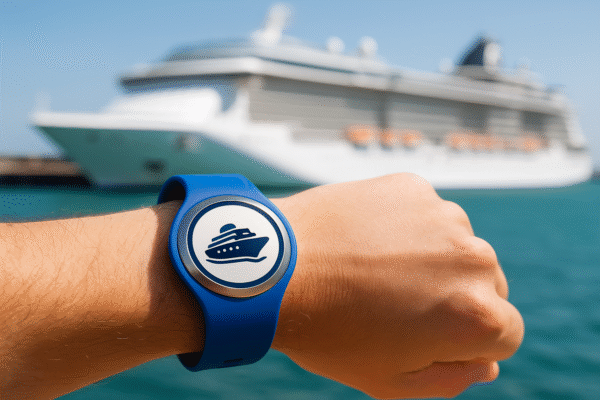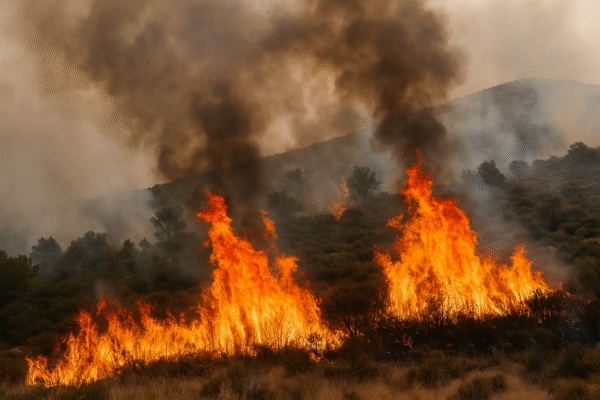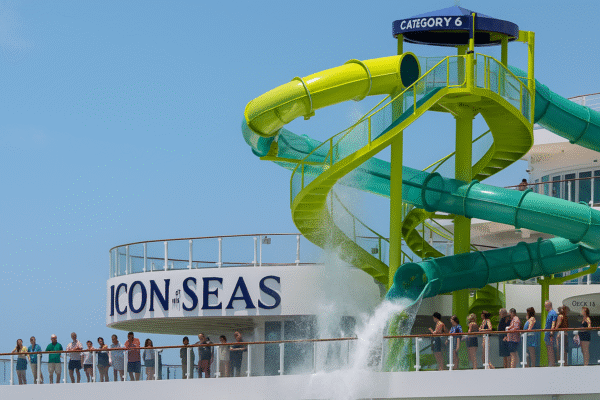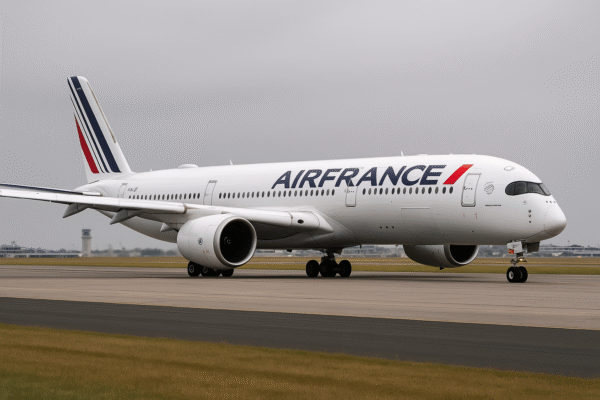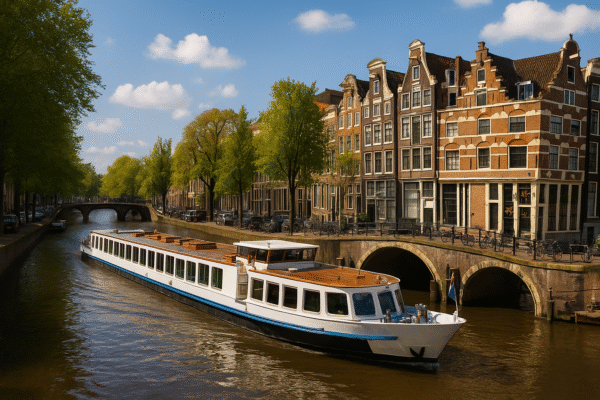An Air France Airbus A350 long-haul service from Paris Charles de Gaulle Airport to Bangkok Suvarnabhumi Airport was forced to make an emergency landing in Tbilisi, Georgia, on Sunday, August 10, 2025, after the crew detected a critical technical fault. The flight, designated AF198, was cruising over Eastern Europe when its advanced monitoring systems alerted pilots to a malfunction in a supplemental oxygen bottle located on the flight deck.
This specialised oxygen supply is a crucial piece of safety equipment, designed to keep pilots conscious and fully functional in the event of cabin depressurisation at high altitude. International aviation regulations are clear: any compromise to this system requires immediate action. Acting in accordance with strict safety protocols, the crew declared an emergency with air traffic control, secured a priority landing route, and began a controlled descent to Tbilisi Shota Rustaveli International Airport (TBS).
Swift, Professional Response
Registered as aircraft F-HUVA, the Airbus A350-941 landed without incident in Georgia in the early hours of Monday morning. The pilots’ decision was praised by aviation safety experts, who noted that immediate diversions in such cases are vital to ensure safety for both crew and passengers.
Upon arrival, passengers disembarked calmly and were met by ground handling teams, who facilitated immigration clearance and arranged overnight hotel accommodation, meals, and assistance. For many travellers, the diversion meant an unplanned stopover in Georgia before continuing on to their intended destination—Thailand, a country heavily reliant on international tourism.
Behind the Scenes: Coordinating the Rescue
For Air France, the challenge was not just about ensuring safety but also managing the complex logistics of a mid-route emergency landing at a non-hub airport. A relief aircraft, operating under the special flight number AF386V, was dispatched from France to Tbilisi to collect the stranded passengers.
Sourcing a long-haul aircraft on short notice requires precise coordination—securing a qualified crew, preparing a multi-leg flight plan, and arranging servicing in an airport unfamiliar with the carrier’s regular operations.
By Monday evening, the rescue mission was in its final stages. Passengers boarded the relief flight to Bangkok, arriving more than 24 hours later than originally scheduled. The original A350 remains grounded in Georgia for detailed inspection and repair by certified maintenance teams.
Impact on Travel and Tourism
While the disruption caused frustration for travellers, the swift response ensured safety was never compromised. The majority of passengers were tourists heading to Thailand—a global tourism leader known for its beaches, cultural heritage, and vibrant cities. The delay, though inconvenient, was managed with care, allowing visitors to continue their journey with minimal further disruption.
For Thailand’s tourism sector, the timely arrival of these passengers, even a day late, means they can still participate in planned tours, hotel stays, and events, sustaining the country’s high-season travel economy.
Safety First in Modern Aviation
This incident illustrates how modern aviation safety layers work in harmony. From advanced monitoring technology to the decisive actions of trained crew members, each element is designed to minimise risk. The supplemental oxygen system malfunction posed no immediate danger to passengers but represented a critical threat to crew operability in an emergency—making diversion the only viable choice.
International aviation law mandates redundancy for essential systems, and Air France’s adherence to these rules is part of why the airline has maintained a strong safety record throughout its decades-long history.
Aviation Expertise and Passenger Care
Aviation industry observers highlight that situations like this underline the importance of experienced crew and rigorous training. Air France, a member of the SkyTeam alliance, has long prioritised staff readiness for technical emergencies, ensuring that all flight and cabin crew undergo regular simulator training for a variety of scenarios.
Passengers on board reported calm, clear communication from the captain and crew, which helped maintain reassurance during the unexpected diversion.
Conclusion
The Air France A350 emergency landing in Tbilisi will be remembered as a textbook example of prioritising passenger safety over operational convenience. While the disruption affected holiday plans and extended travel times, the professionalism of the crew, the efficiency of the airline’s logistics team, and the support from Georgian airport authorities ensured that all travellers continued their journey safely.
For those bound for Bangkok’s vibrant streets or Thailand’s tropical resorts, their eventual arrival—albeit delayed—was a testament to the fact that in aviation, safety is always the ultimate destination.
For more travel news like this, keep reading Global Travel Wire

